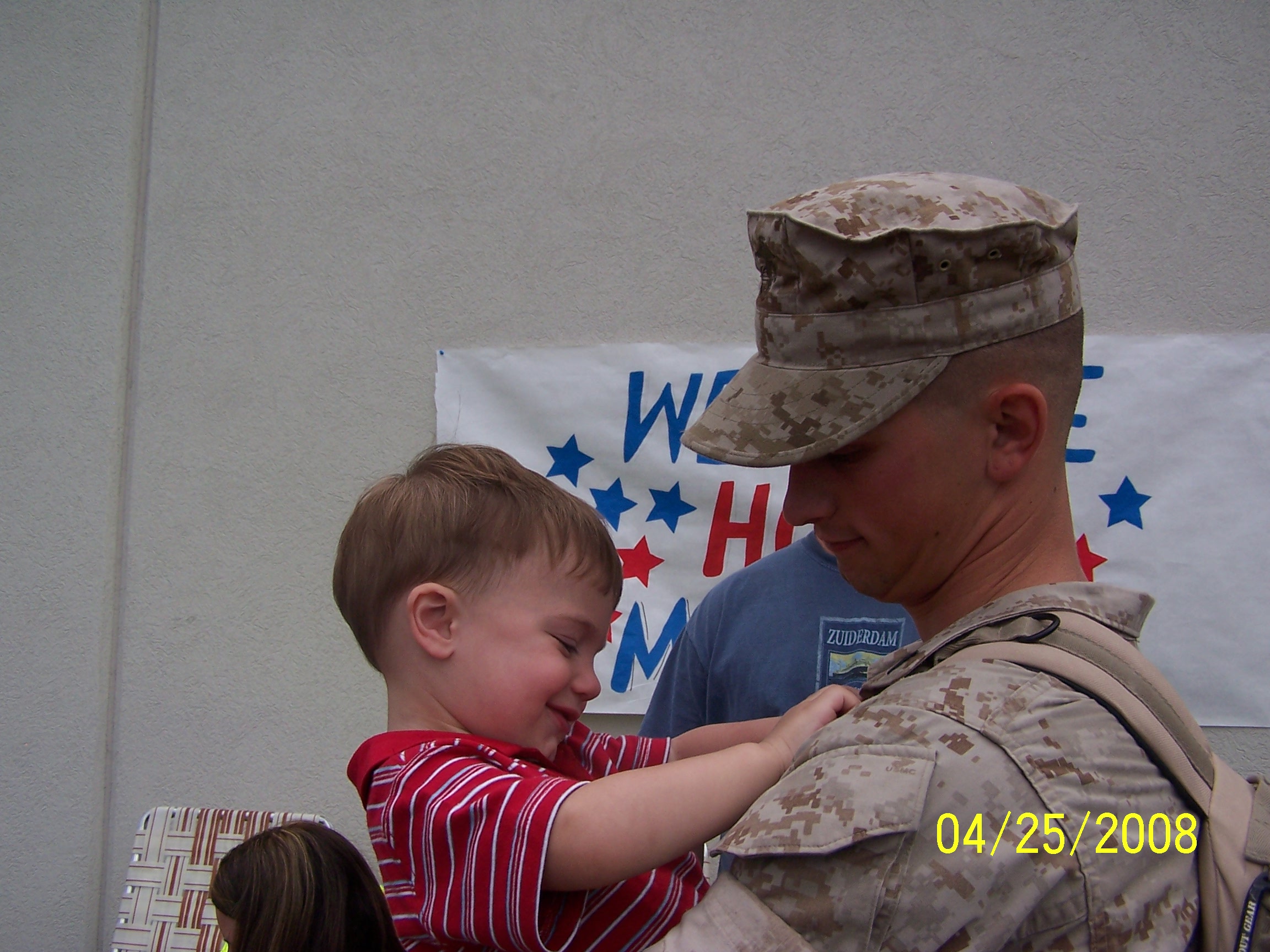

military and the viewpoints of the citizenry of the nation. The resident seminars grow by six to seven members apiece as approximately 160 invited guests from many walks of life across the country join the students to engage in candid dialogue about national security issues, the U.S. Army War College there is a four-day event that takes place known as the National Security Seminar (NSS). Posted by Tom Galvin SeptemSeptemPosted in Podcasts Tags: Defense Management, Military Strategy and Campaigning, PPBE, Strategic Leadership, acquisition, budgeting, force design, force management, force structure, modernization, readiness, resourcing Leave a comment on EAT YOUR ACADEMIC SPINACH: DEFENSE MANAGEMENT YOU DON’T MAKE POLICY AND THEN TALK ABOUT ITĮach year, in the final week of instruction at the U.S. Galvin and Waters join podcast editor Ron Granieri to discuss how this course is changing and why everybody needs to just eat their academic spinach because the students are going to “speak defense management” in their coming assignments. In one of the final components of the core curriculum, War College students get a healthy dose of the other strategic triad - force structure, readiness, and modernization.

Tom Galvin and Doug Waters are in the studio to explain how the course is evolving to better demonstrate why everybody needs a little Defense Management in their lives. For a time, a heavy focus on acronym-heavy process caused many students to roll their eyes and ask, “Why do I have to learn this? I’m not a force manager, or budgeteer, or program manager etc.” Army War College the Defense Management course that teaches these topics has often been maligned. It has been recognized since antiquity that victory in war often goes to those who best organize “the sinews of war” (money, equipment, and supplies). (ON WRITING) RECRUITING WOES: A CASE OF SELF-SABOTAGE?
WWW WARROOM COM HOW TO
Posted by Ian Ona Johnson SeptemSeptemPosted in On Writing, Podcasts Tags: History, Theory of War and Strategy, Ukraine, alliances, dictator, military history 1 Comment on HOW TO WRITE THE HISTORY THAT HASN’T ENDED: IAN ONA JOHNSON Their conversation even turns to the latest debate amongst historians regarding presentism or the tendency to interpret past events in terms of modern values and concepts. Written before the hostilities in Ukraine began, the alliances of the interwar period that the book examines offer great insights into the behavior of Russia and a number of the nations affected by the war. Ian joins our own Michael Neiberg to not only discuss his writing, editing and publication process but their conversation ventures into the usefulness of history. A BETTER PEACE welcomes Ian Ona Johnson to the studio to discuss his new book Faustian Bargain: The Soviet-German Partnership and the Origins of the Second World War.


 0 kommentar(er)
0 kommentar(er)
